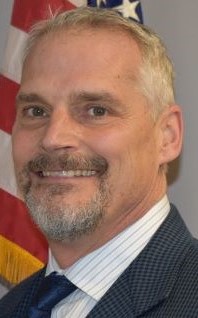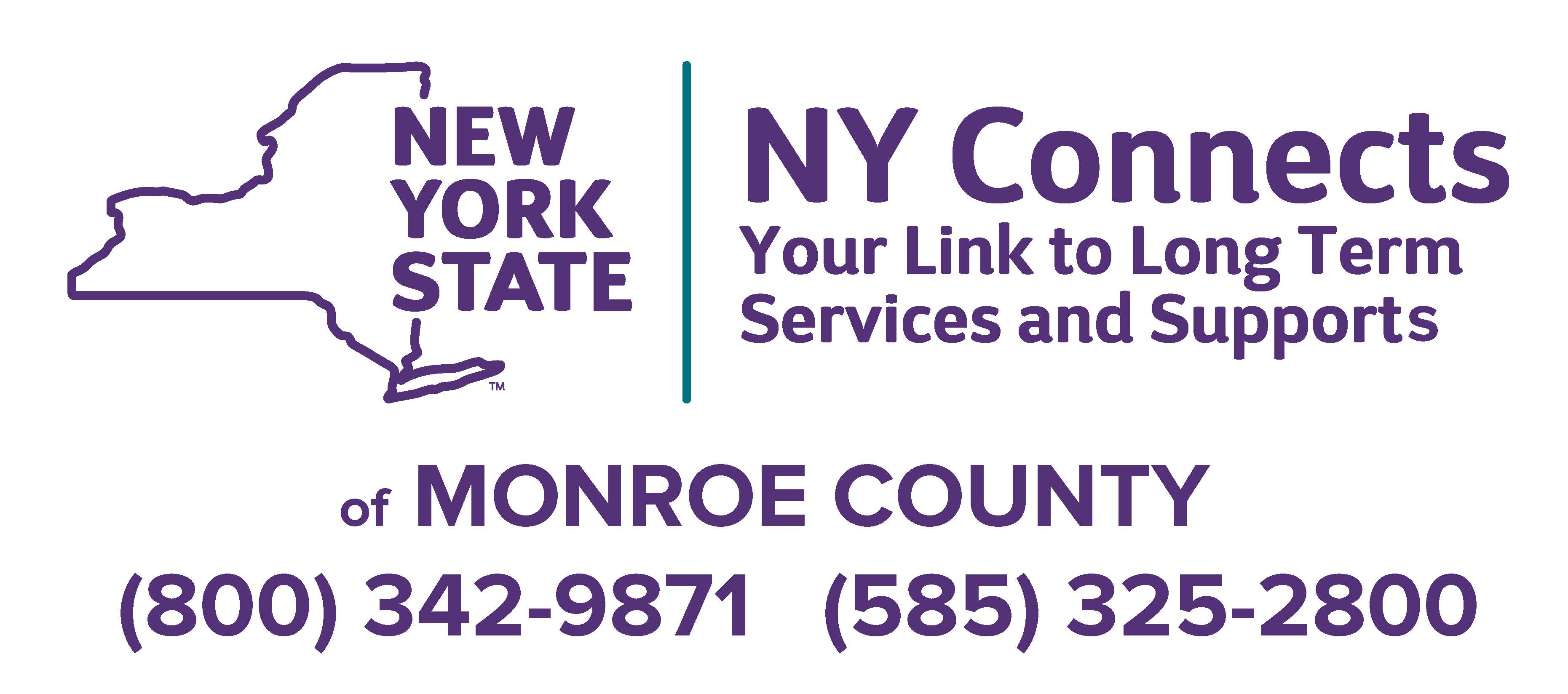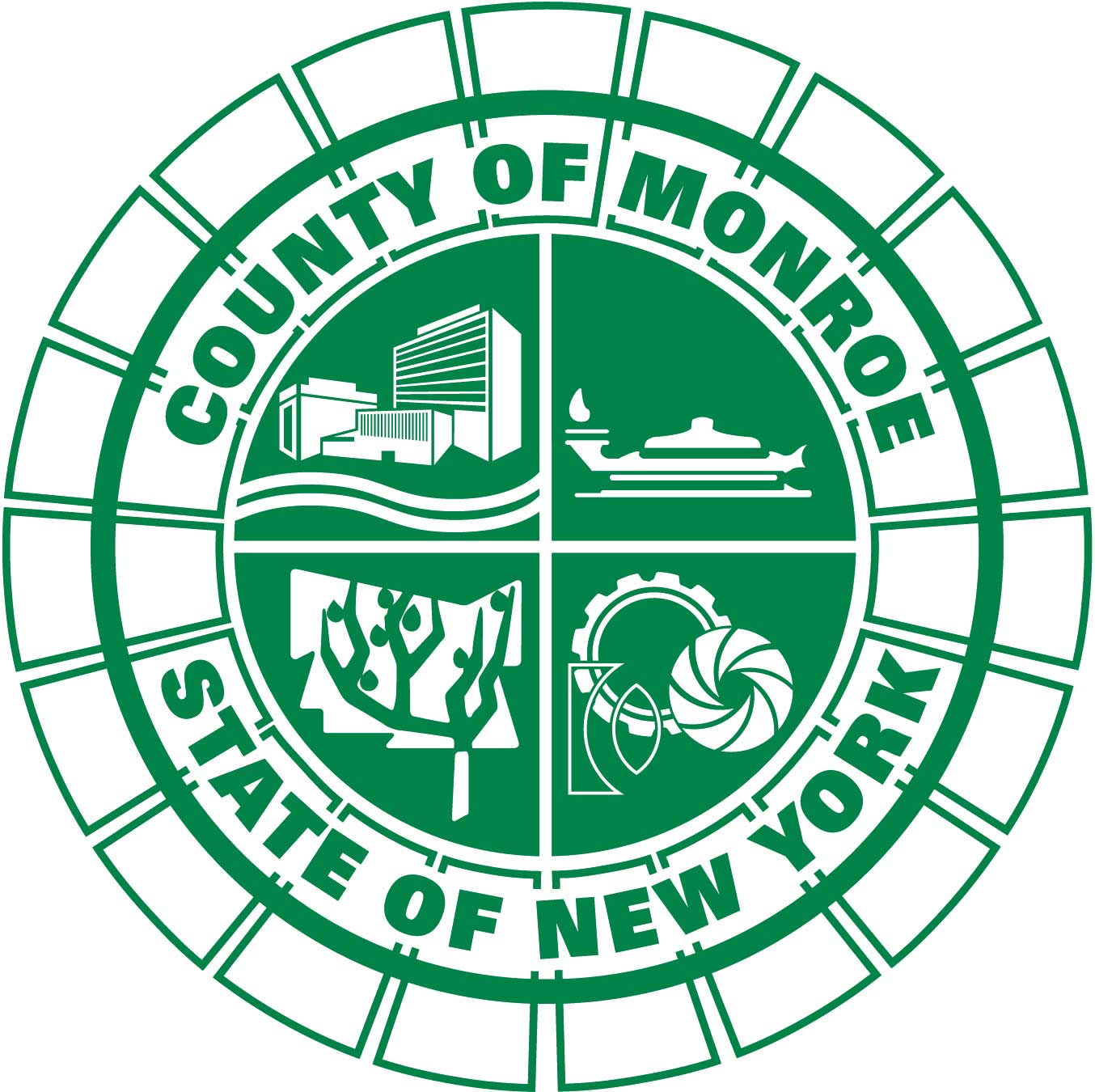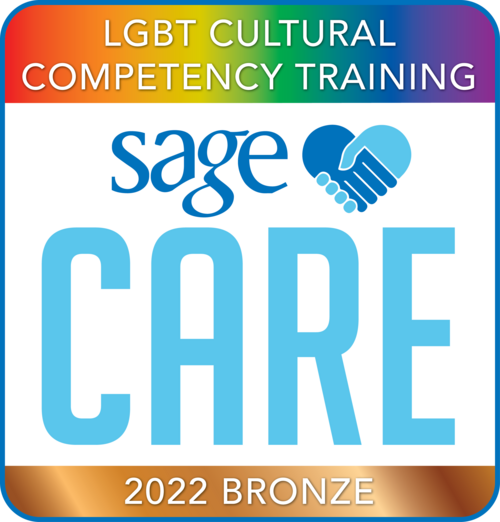
Steve Newcomb
Director,
Office for the Aging
435 East Henrietta Rd., 3rd Floor, Faith-East
Rochester, NY 14620
Phone: (585) 753-6280
Fax: (585) 753-6455
[email protected]
Tips to stay cool
Monroe County’s Commissioner of Public Health, Dr. Marielena Vélez de Brown, is recommending people take the steps to prevent heat-related illness.
Vélez de Brown says high temperatures can be dangerous, especially for older adults, young children, and people with chronic health conditions. Vélez de Brown recommends the following:
- Stay hydrated: Drink two to four glasses of water per hour and stay away from sugary drinks, alcohol, and caffeinated drinks that may dehydrate people.
- Stay cool: Stay inside with air conditioning if possible. People can visit a library, municipal cooling center, or shopping mall if they don’t have air conditioning.
- What to wear: Wear light-colored, loose-fitting clothing if you need to go outside and stay in the shade. Limit amounts of physical activity and drink lots of fluid and take breaks.
Signs of heat exhaustion & heat stroke
Symptoms of heat exhaustion can include dizziness, weakness, irritability, muscle cramps, and nausea. For heat stroke, symptoms can include confusion, blurred speech, loss of consciousness, hot/dry skin or excessive sweating, and/or seizures.
To treat heat exhaustion, move the person to a cool area, apply cool washcloths, and provide cool water for them. To treat a heat stroke, call 911 immediately and move the person to a cool area, and apply ice and cool water to their skin.
Help Shape an Age-Friendly Monroe County!
Our partners at the Monroe County Aging Alliance are conducting a Questionnaire for residents ages 50 and older to help us understand resident preferences and needs to age in our community — and we want to hear from you!
Your input will help local leaders plan for a more age-friendly, livable Monroe County for people of all ages.
- Takes just 15–20 minutes
- Confidential and anonymous
- Your data will never be shared
Share your voice by July 7, 2025 and help shape the future of our community! Printed copies are available by calling our office at (585) 753-6820. Surveys can be made available in additional languages, as well.
2025 MCAA Livable Community Questionnaire
Or scan the QR code below
New! Bringing services closer to you.
Visit our new eastside and westside satellite offices.
Access services by Monroe County Office for the Aging and Veteran Services Agency; guidance for older adults and caregivers by Lifespan of Greater Rochester, as well as veterans benefits and services by trusted Monroe County Veterans Service Officers and staff.
Summer Safety Tips
We will (hopefully!) be seeing warmer and sunnier weather in the summer months!
However, it’s important to stay safe duringin the to enjoy the most of the summer season. Here are some summer safety tips.
- Stay away from direct sun exposure as much as possible. If possible, plan your outdoor activities either early in the morning or when the sun starts to set.
- Air conditioning is your friend in summer. Spend as much time as possible in air-conditioned spaces. If you don’t have an air conditioner, go somewhere that is air-conditioned.
- Stay hydrated. Drink plenty of cool water, clear juices, and other liquids that don’t contain alcohol or caffeine. Alcohol and caffeine cause you to lose water in your body by making you urinate more.
- Dress appropriately. Whenever you can, try wearing loose, light-colored clothes. Avoid dark-colored clothes as they may absorb heat. Top it off with a lightweight, broad-brimmed hat and you are all set! These simple changes will help you both stay cool and avoid sunburn.
- Wear sunscreen everyday! Buy a broad spectrum sunscreen lotion or spray with sun protection factor (SPF) of 15 or higher. Apply the sunscreen liberally to all exposed skin. Also, bugs are abundant in summer, so spray insect repellent when going outdoors.
Age-Friendly / Livable Community
Action Plan (PDF) 2023 Progress Report (PDF)
Our community, like our nation, is aging. This reality is fostering a national and even worldwide movement about how to make communities more age-friendly and more livable for all.
The 2020 Monroe County transition report states “Monroe County should champion the Livable Communities (Age-Friendly) model. A Livable/Age Friendly community is one that is safe and secure, has affordable and appropriate housing and transportation options, and offers supportive community features and services. Once in place, those resources help enhance personal independence, support residents to age in place, and foster engagement in the community’s civic, economic and social life.”
Age-Friendly Communities have Three Characteristics.
1. Age is not a significant barrier to the maintenance of life-long interests and activities.
2. Supports and accommodations exist to enable individuals with disabilities to meet basic health and social needs.
3. Opportunities exist for older adults to develop new sources of fulfillment and engagement.
In partnership with the Rochester/Monroe County Aging Alliance, a plan has been developed. Our goal is to create an inclusive, age-friendly community for all citizens of Monroe County.
We Excel In Aging Well!
The Monroe County Office for the Aging (MCOFA) was established by the Monroe County Legislature in 1973 and designated by the Federal and State governments as the Area Agency on Aging under Title III of the Older Americans Act for our service area. MCOFA is proud to celebrate over 50 years of delivering high quality, efficient, and effective long-term care services and supports to meet the changing needs of our community's older adults, caregivers of any age, and individuals with disabilities.
MCOFA is an administrative division within the Department of Human Services (DHS) and the governmental entity authorized to receive and allocate Older Americans Act and state funds for services and supports of community based long-term care. The primary responsibilities of MCOFA focus on planning, advocacy, and coordination activities.
These responsibilities are:
- To develop and implement a consumer-focused comprehensive four-year plan of coordinated services responsive to the priority needs of older persons, caregivers, and persons with disabilities in Monroe County. Services under this plan are delivered either directly by MCOFA, or through community based organizations under contract with Monroe County. This plan is known as the "Area Plan" and MCOFA submits annual updates to the New York State Office for the Aging to meet the changing short and long-term needs of those served in Monroe County.
- To advocate on behalf of the needs of older adults, caregivers, and persons with disabilities. MCOFA does this by monitoring, evaluating, and commenting on policies, programs, and community actions which affect individuals served in Monroe County.
- To coordinate our planning and service activities with other agencies and organizations to promote the most efficient use of existing resources and to promote new and expanded benefits for older adults, caregivers, and persons with disabilities in Monroe County.
- To assist in the transformation of our system to provide flexible services that are person/family centered, strengths-based, culturally competent and evidence-based.
To accomplish these objectives, MCOFA collaborates extensively with other DHS and county divisions, service providers, and community groups. Services are targeted to individuals with the highest social and economic need. An appointed Council for Elders made up of area professionals and consumers advises MCOFA in accordance with Older Americans Act regulations. This Council advises in the following areas:
- Assisting in the development of the Area Plan before submission to the New York State Office for the Aging (NYSOFA);
- Conducting and attending public hearings;
- Representing the interests of older adults (advocacy); and,
- Reviewing and commenting on community policies, programs, and actions affecting older persons with the intent of assuring maximum coordination and responsiveness to older adults.
In 1973, there were 97,000 individuals 60 years of age and older in Monroe County. Today, there are more than 183,969 individuals age 60 and older, and 21% have at least one disability. It is our goal to ensure that Monroe County’s older citizens have access to the programs and services they need to remain independent and “Excel in Aging Well.”
Office For The Aging Goals
- Encourage safe, active, and independent lifestyles with timely and responsive systems of quality community-based services and supports;
- Promote the rights of older adults and prevent their abuse, neglect and exploitation;
- Empower older adults, individuals with disabilities, their families, and the public to make informed decisions about, and be able to access, existing health, long-term services and supports and other service options;
- Promote job training and readiness skills for older adults who want to remain in the workforce, and to help care for our community's older residents and individuals with disabilities needing support to maintain independence.
Monroe County's NY Connects Program: (585) 325-2800
NY Connects: Your Link to Long-Term Services and Supports, is a free information and assistance service that is available to individuals and their families to help them make informed decisions regarding their long-term care needs. Advisors provide information regardless of the type(s) of disability or age of the individual needing help with long term care. Free translation services are available for individuals who do not speak English as a primary language or are Deaf and utilize American Sign Language.
Advisors are experienced social workers who provide information, guidance, and referral on an array of topics. Topics covered include housing, chore services, personal care, transportation, adult day care, respite for caregivers, guardianship, support groups, nursing home placement, Medicaid, public benefits, mental health counseling, home health care, socialization, nutrition, wellness programs to assist with chronic disease and falls prevention, geriatric physician referral and more.
NYS Resource Directory of Services
Call For Volunteers Interested in Helping Caregivers
We, and our partner agencies, are always looking for volunteers. Volunteers are needed for help with data entry, special events, senior companions, respite relief and more. Are you looking for way to give back to your community? Are you interested in helping our community's older adults and the families that care for them? We have short term and long term opportunities. If yes, please call our offices at (585) 753-6280 or NY Connects at (585) 325-2800.
Caregiving is a difficult job. When we care for our loved ones, we are often afraid or even too tired to ask for help. If you are a Caregiver in need of a hand, or you want to help a caregiver and don't know how, please check out the info at NYS Caregiver Respite Program.
The More You Know
Know your rights when it comes to Life Insurance and Life Settlements:
Helpful Online Resources
- National Association of Area Agencies on Aging
- Association on Aging in New York
- New York State Office for The Aging
- Greater Rochester Partnership for the Elderly (GRAPE) - The Elder Pages
- Monroe County Board of Elections
- Senior Planet
- American Association of Retired Persons (AARP) - Technology Resource
- Rainbow Seniors Roc
Monroe County Office for the Aging Programs and Services are funded in part by Monroe County, New York State Office for the Aging, US Administration for Community Living, United Way, and participant contributions. We value our partnerships in order to meet the needs of our community's older adults and their caregivers.



















